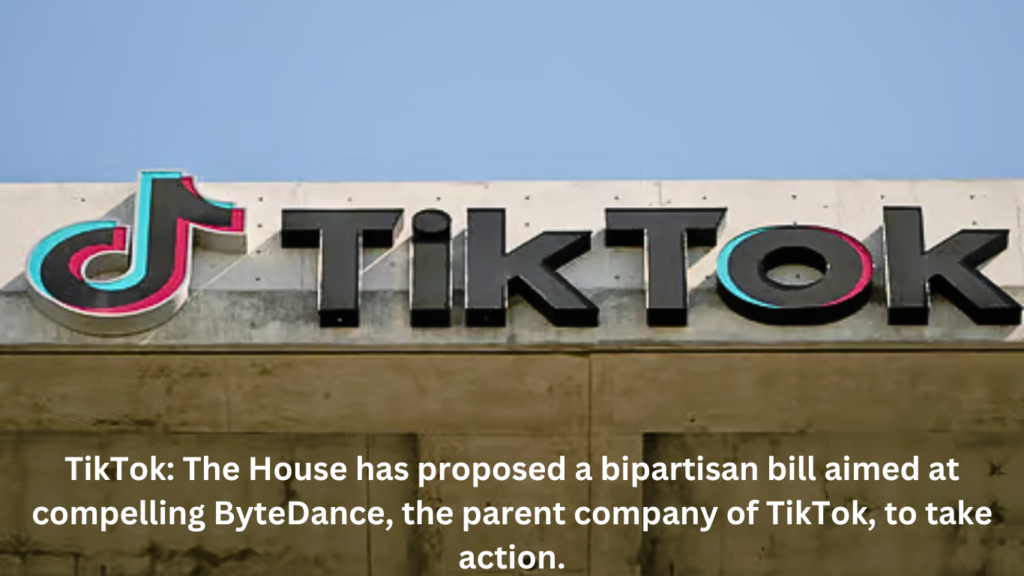In a landmark move, the United States House of Representatives has put forward a bipartisan bill aimed at addressing the growing concerns surrounding TikTok, the popular social media platform owned by ByteDance. The proposal has ignited a fierce debate over national security, user privacy, and the regulation of tech giants in the digital age.
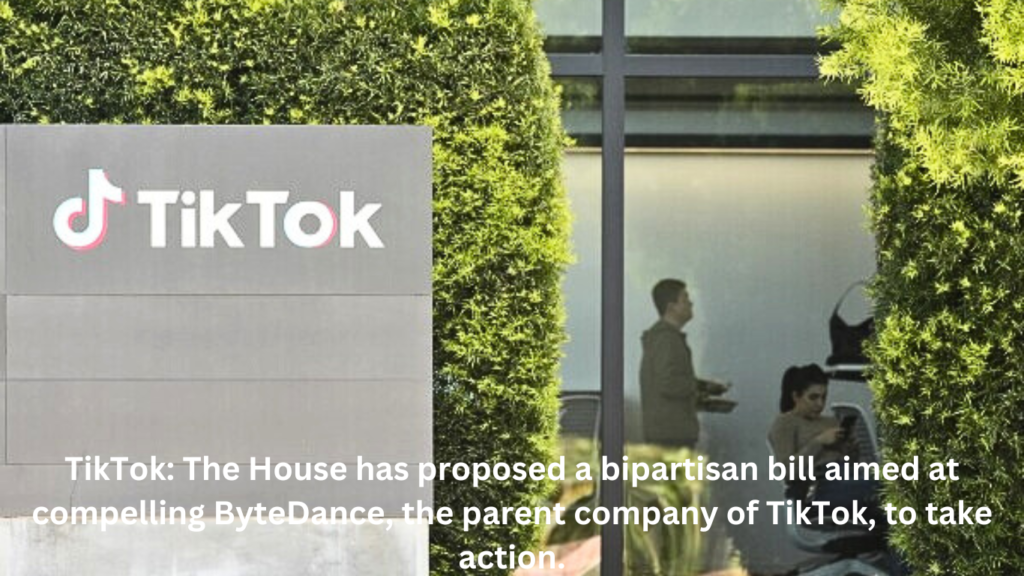
At the heart of the bill is the notion of compelling ByteDance, TikTok’s parent company, to either divest the social media app or face a complete ban on its operations within the United States. This bold move comes amidst mounting worries among lawmakers and intelligence agencies regarding TikTok’s potential susceptibility to exploitation by foreign adversaries, particularly the Chinese government.
The overwhelming support for the bill in the House, with a resounding 352-65 vote in favor, underscores the seriousness of the issue at hand. However, despite its success in the lower chamber of Congress, the fate of the legislation remains uncertain as it heads to the Senate floor for further deliberation. Lawmakers on both sides of the aisle have expressed the need for thorough discussions and careful consideration before moving forward with such drastic measures.
Leading the charge in the House is Representative Mike Gallagher, a prominent Republican supporter of the bill and chair of the House Select Committee on China. Gallagher has been vocal in his stance that the proposed legislation does not amount to a complete ban on TikTok but rather seeks a “forced separation” to safeguard national security interests. He emphasizes the importance of ensuring that TikTok’s user experience can continue under different ownership while mitigating potential risks associated with foreign control.
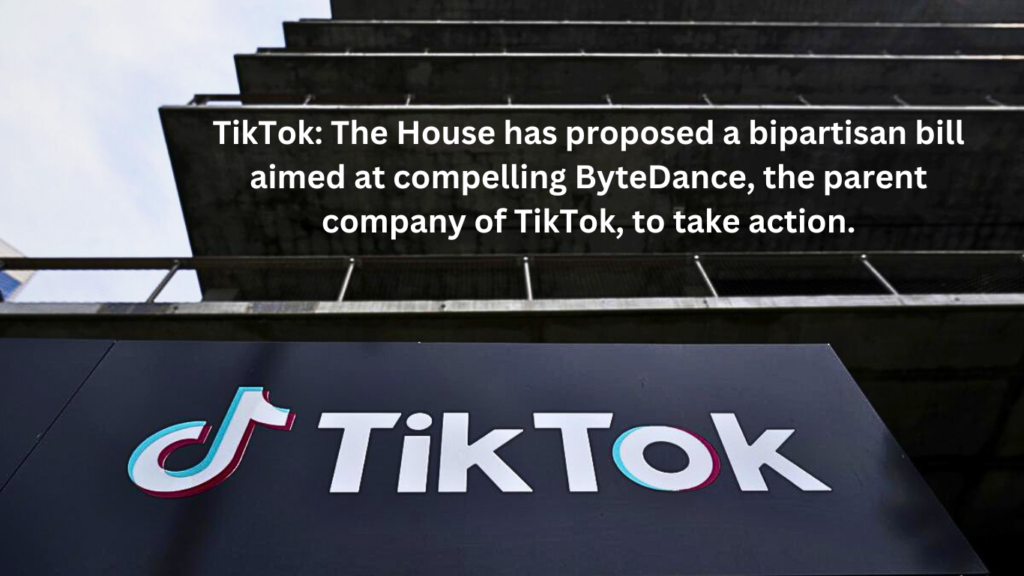
The concerns over TikTok‘s data privacy practices and its susceptibility to foreign influence have been a cause for alarm among policymakers and intelligence officials alike. Classified and unclassified security assessments have highlighted the platform’s vulnerability to exploitation, prompting fears that it could be used as a tool for espionage or disinformation campaigns targeting American users.
FBI Director Christopher Wray has echoed these concerns, warning that the Chinese government could exploit TikTok to manipulate software on millions of devices and gather sensitive information about users. These revelations have only served to fuel calls for greater oversight and regulation of the platform to protect national security interests.
In response to mounting pressure from lawmakers and regulators, TikTok has sought to reassure the public by implementing various measures to enhance data security and privacy protections. The company has invested heavily in building robust safeguards, including the development of Project Texas, a firewall designed to address data privacy concerns and keep user data within the United States.
Despite these efforts, skepticism remains among lawmakers and advocacy groups, who argue that TikTok’s ties to ByteDance pose an inherent risk to national security. The proposed bipartisan bill, dubbed the “Guarding Americans from Foreign Adversary Controlled Applications Act,” seeks to address these concerns by imposing strict restrictions on ByteDance-controlled operations, including TikTok.
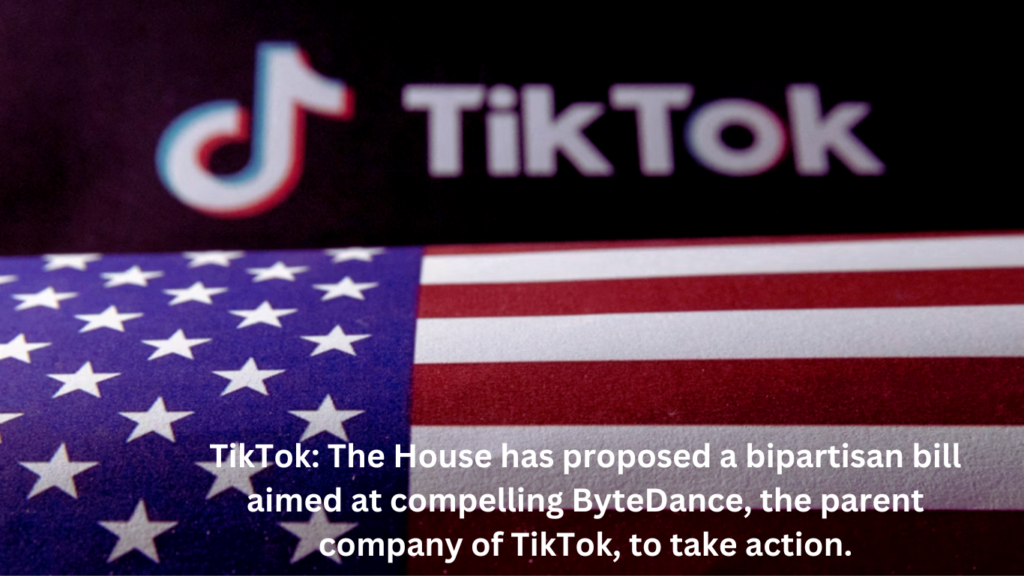
Under the provisions of the bill, ByteDance would be given a six-month grace period to divest its ownership stake in TikTok or face removal from app stores and web hosting services in the United States. Additionally, the legislation establishes mechanisms for addressing potential threats posed by other foreign-owned apps and ensures data portability for users transitioning to alternative platforms.
However, the proposed bill has faced pushback from opponents who argue that it infringes upon free speech rights and could have adverse economic repercussions. Critics, including some lawmakers and advocacy groups like the American Civil Liberties Union, have raised concerns about the rushed legislative process and the potential unintended consequences of such sweeping measures.
Representative Maxwell Frost, a young Democratic lawmaker from Florida, has voiced opposition to the bill, arguing that it could stifle innovation and harm small businesses and content creators who rely on TikTok as a platform for expression and engagement. Frost, who represents a district with a significant number of small businesses and content creators, fears that a ban on TikTok could have devastating economic consequences for his constituents.
In addition to concerns over free speech and economic impacts, opponents of the bill have also raised questions about its effectiveness in addressing national security concerns. Some argue that banning TikTok outright could simply push users onto alternative platforms that may pose even greater security risks, undermining the stated goal of safeguarding national security interests.
The debate over the proposed TikTok bill highlights the complex challenges facing policymakers in the digital age, where technology companies wield immense power and influence over the flow of information and the privacy of users. As lawmakers grapple with these issues, they must strike a delicate balance between protecting national security interests and upholding fundamental rights such as free speech and economic freedom.
As the bill makes its way through the Senate, stakeholders on all sides of the debate continue to advocate for their respective positions, hoping to shape the final outcome of the legislation. With the future of TikTok hanging in the balance, the stakes could not be higher, as lawmakers weigh the competing interests of national security, free expression, and economic prosperity in the digital age.
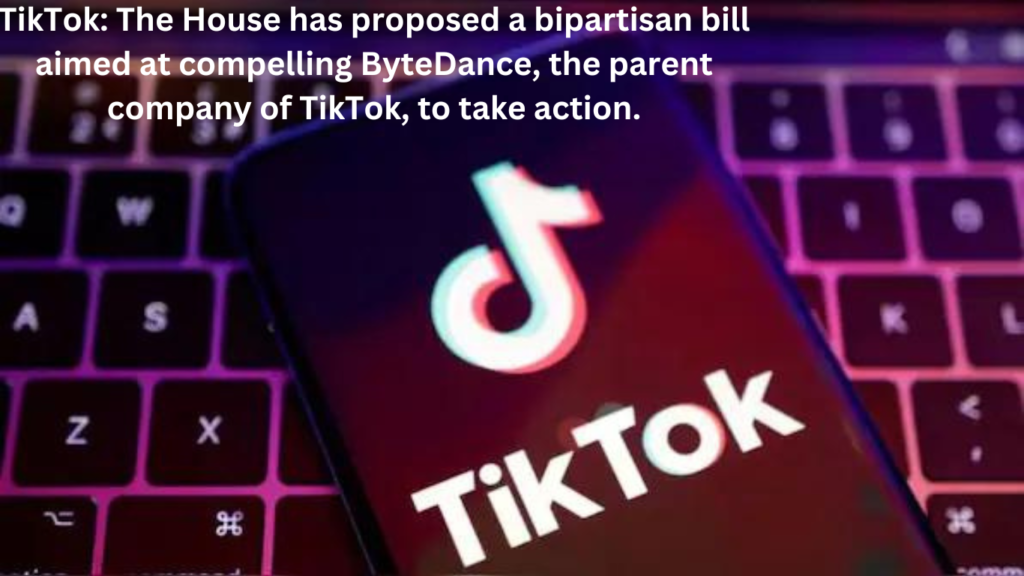
In conclusion, the proposed bipartisan bill concerning TikTok represents a significant step towards addressing the growing concerns surrounding the popular social media platform. However, the debate over the legislation is far from over, as lawmakers grapple with complex questions of national security, free speech, and economic impact. As the bill progresses through Congress, stakeholders on all sides of the issue will continue to make their voices heard, shaping the final outcome of this critical piece of legislation.

